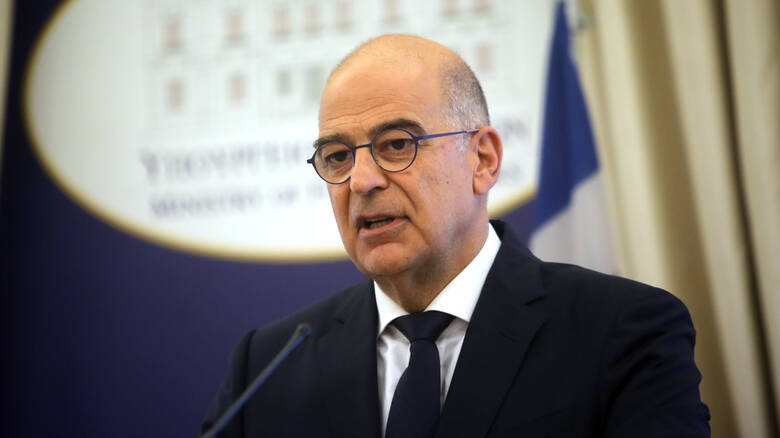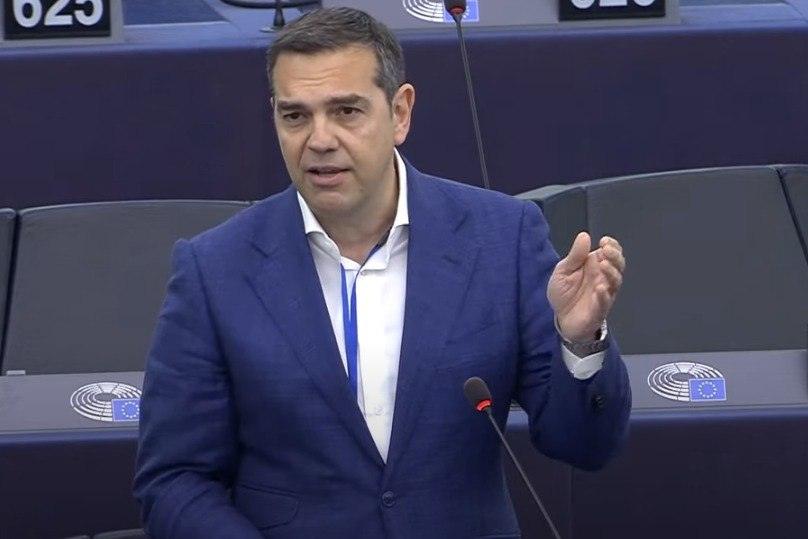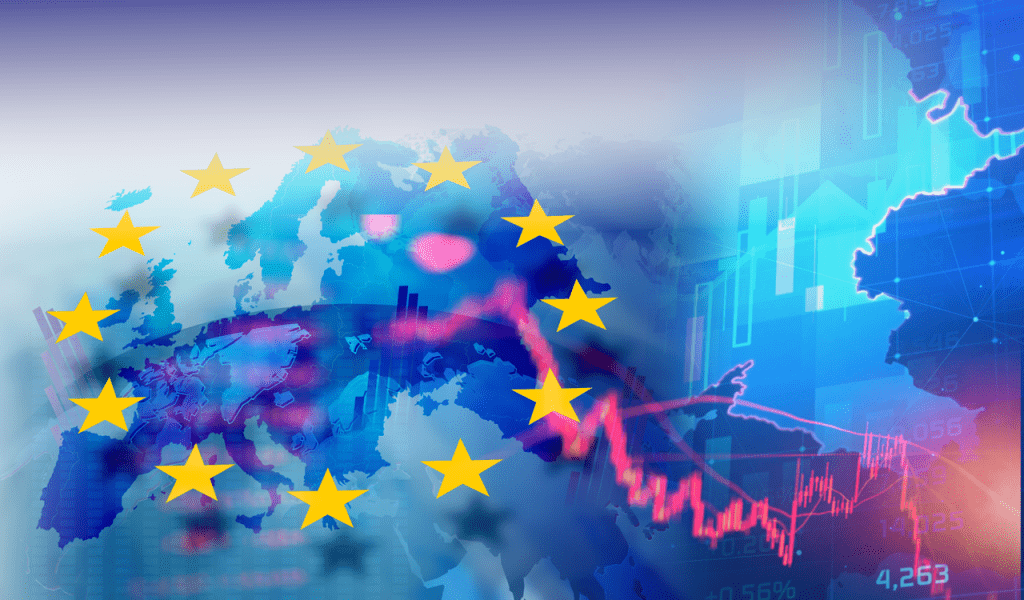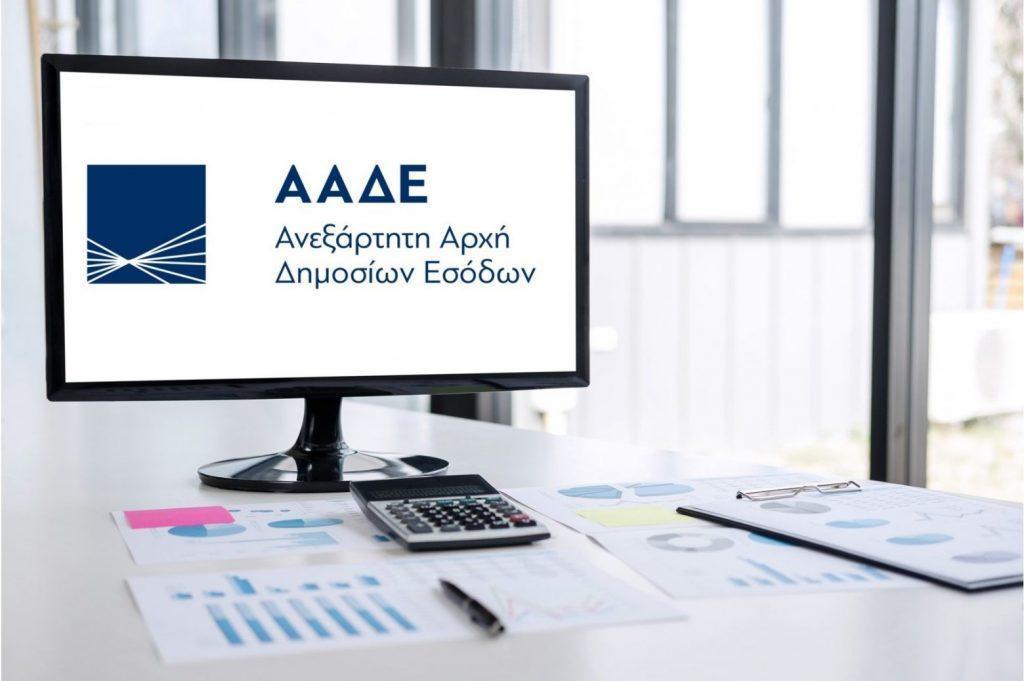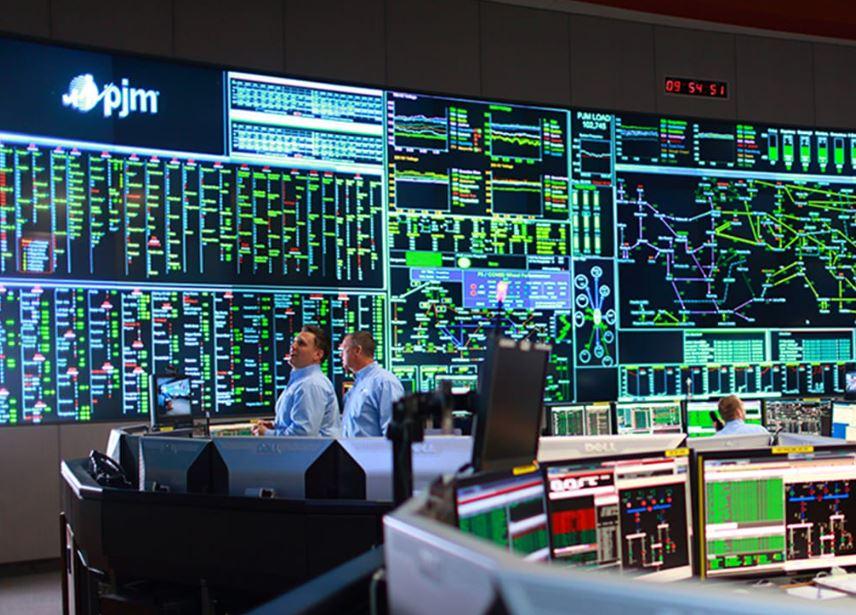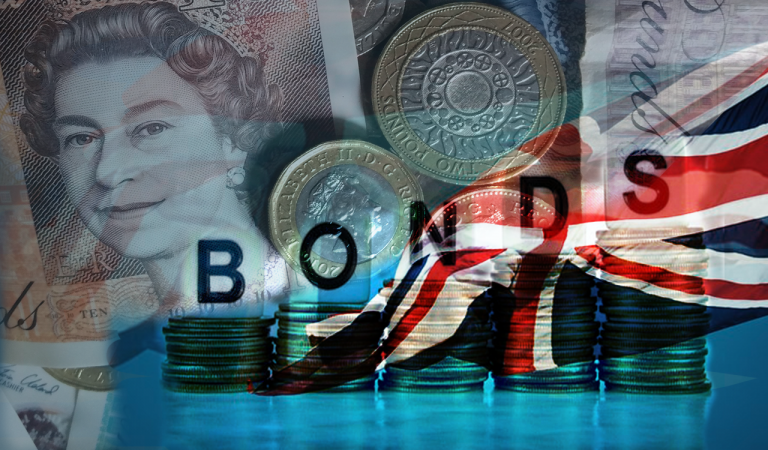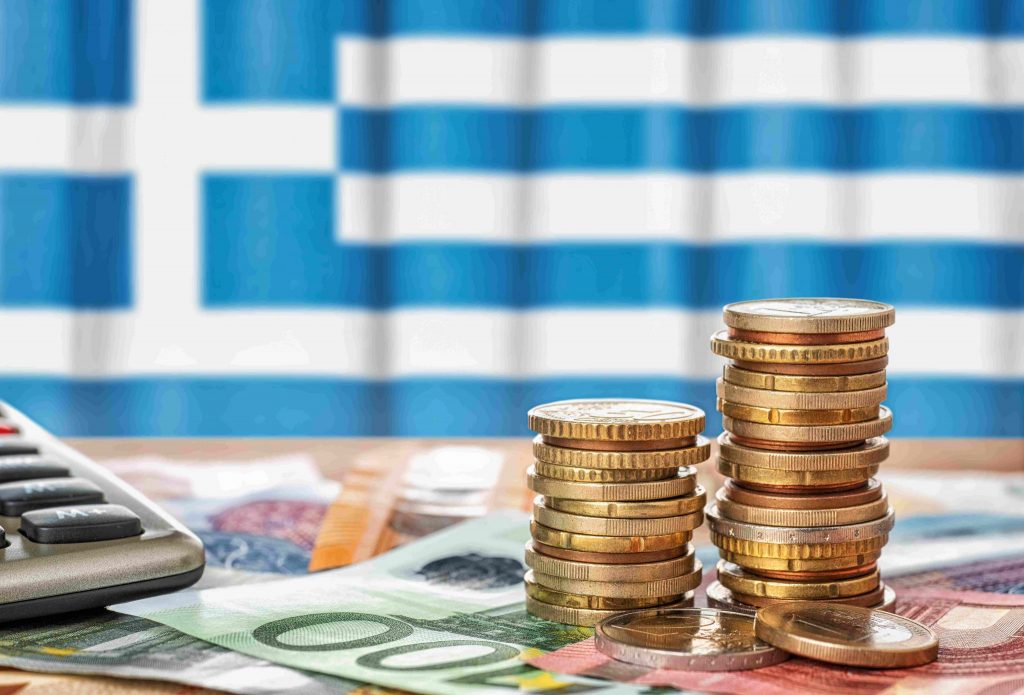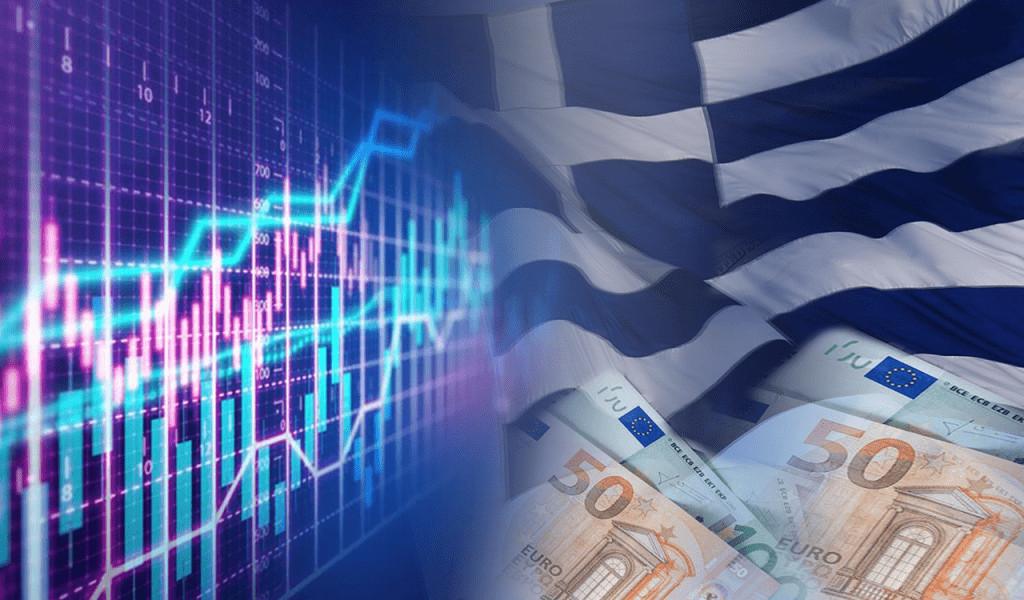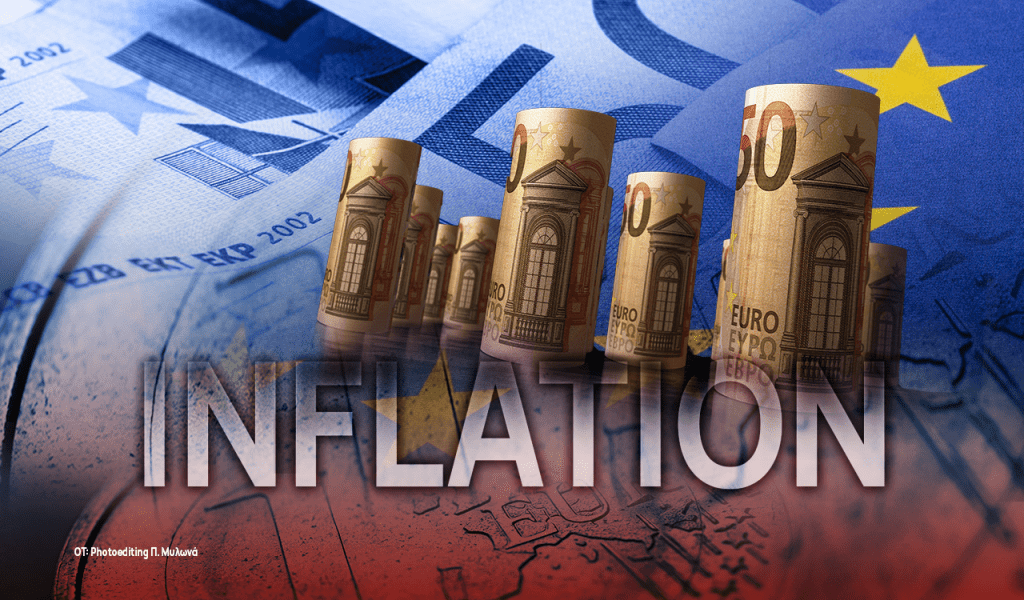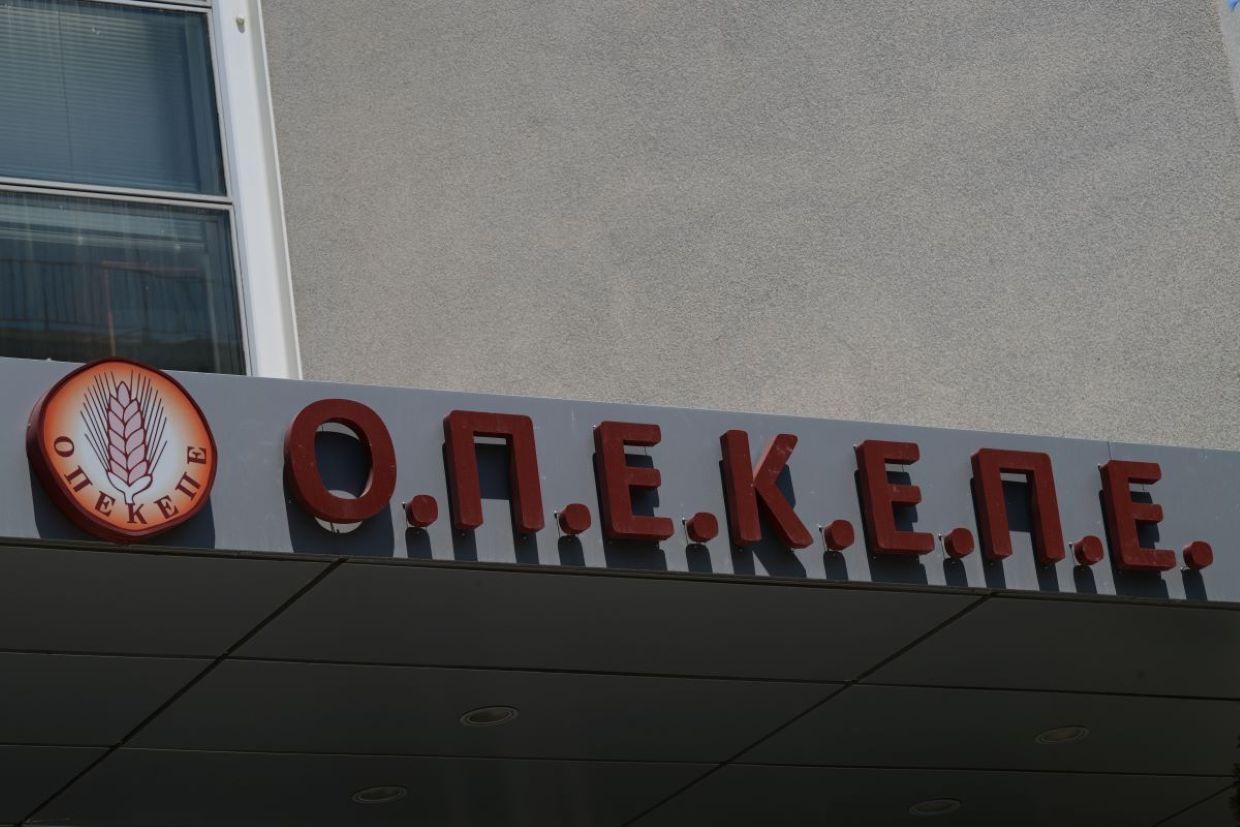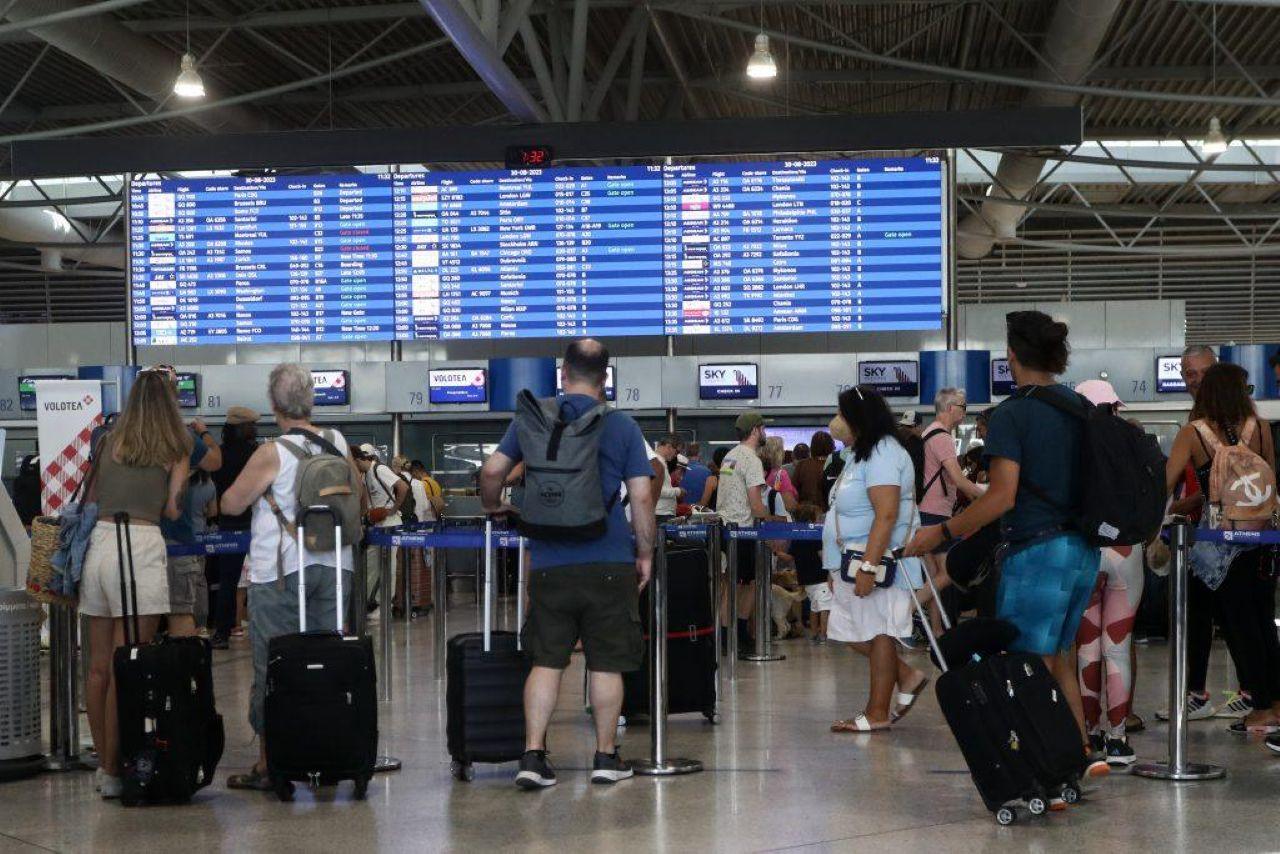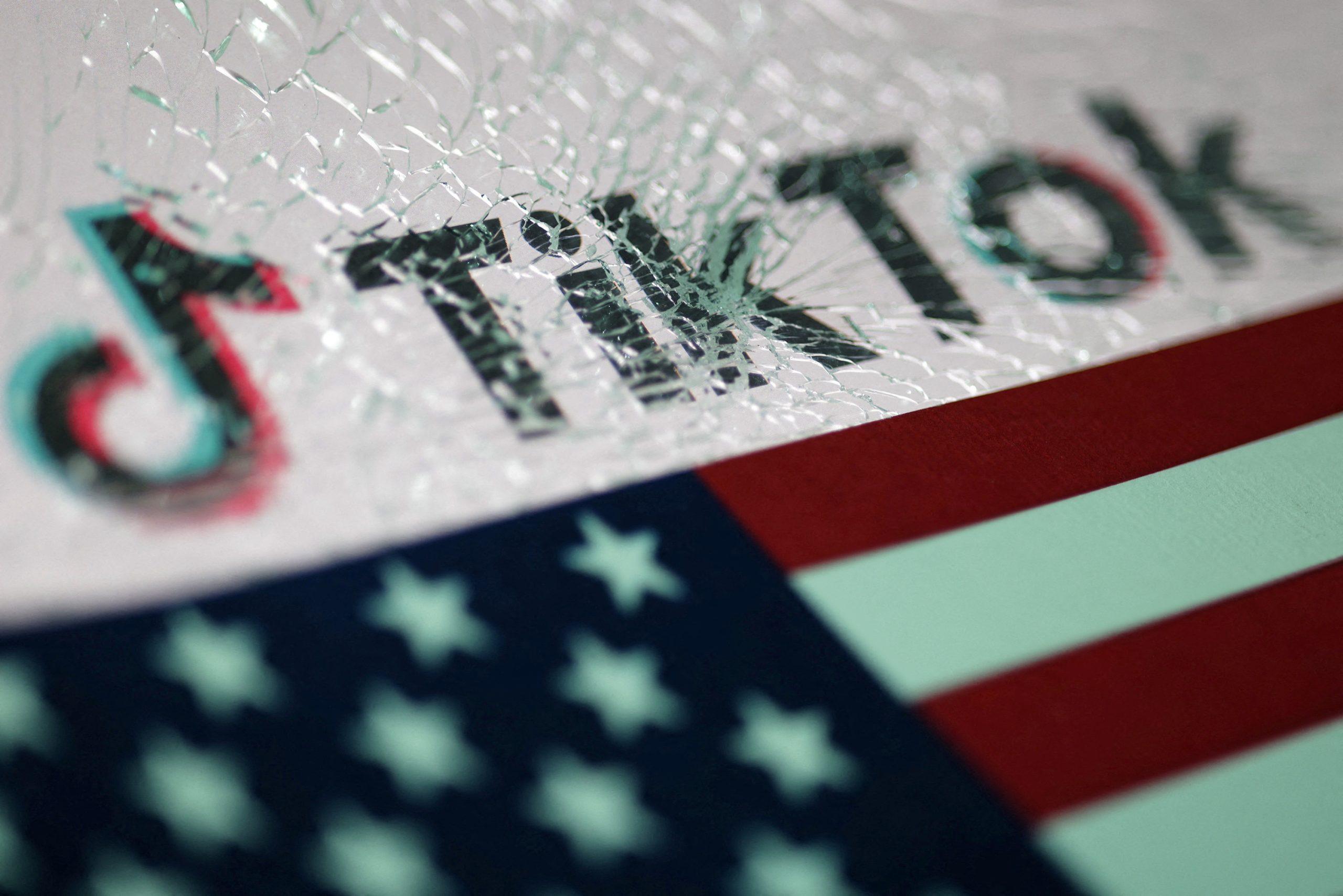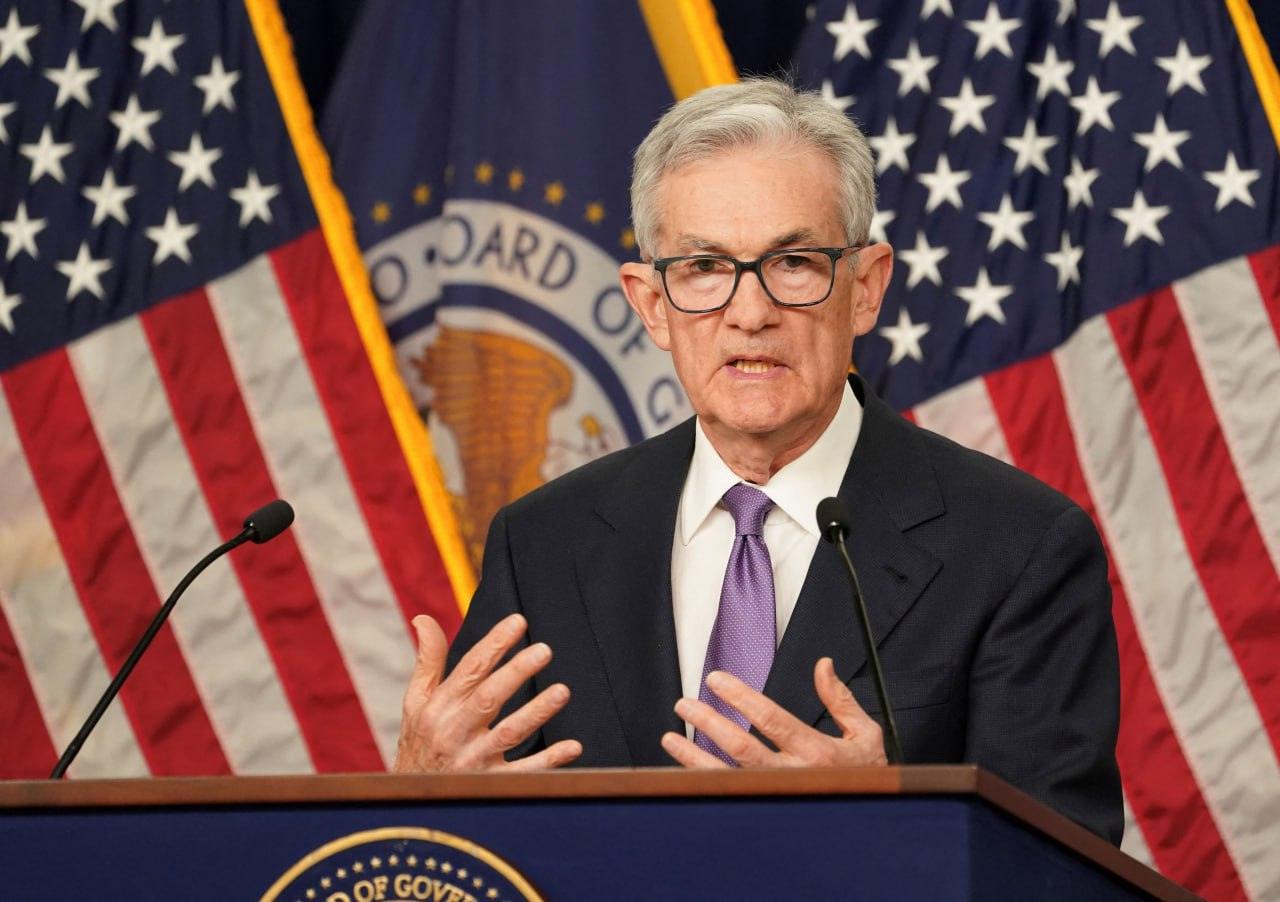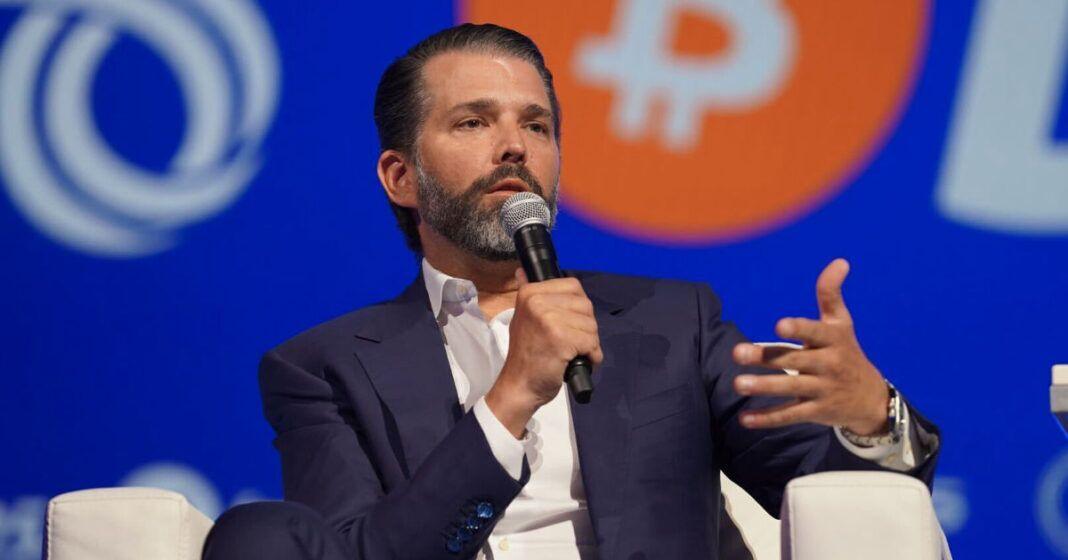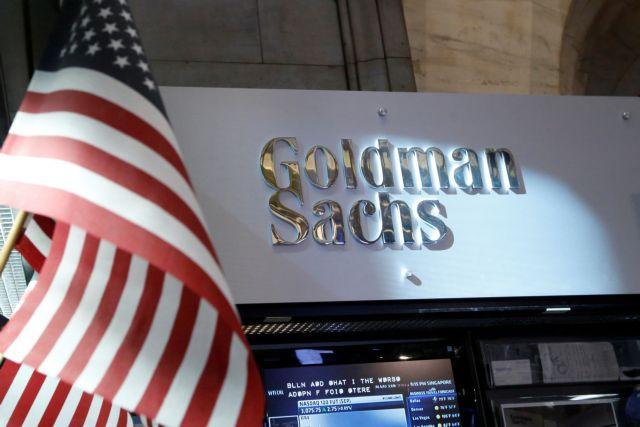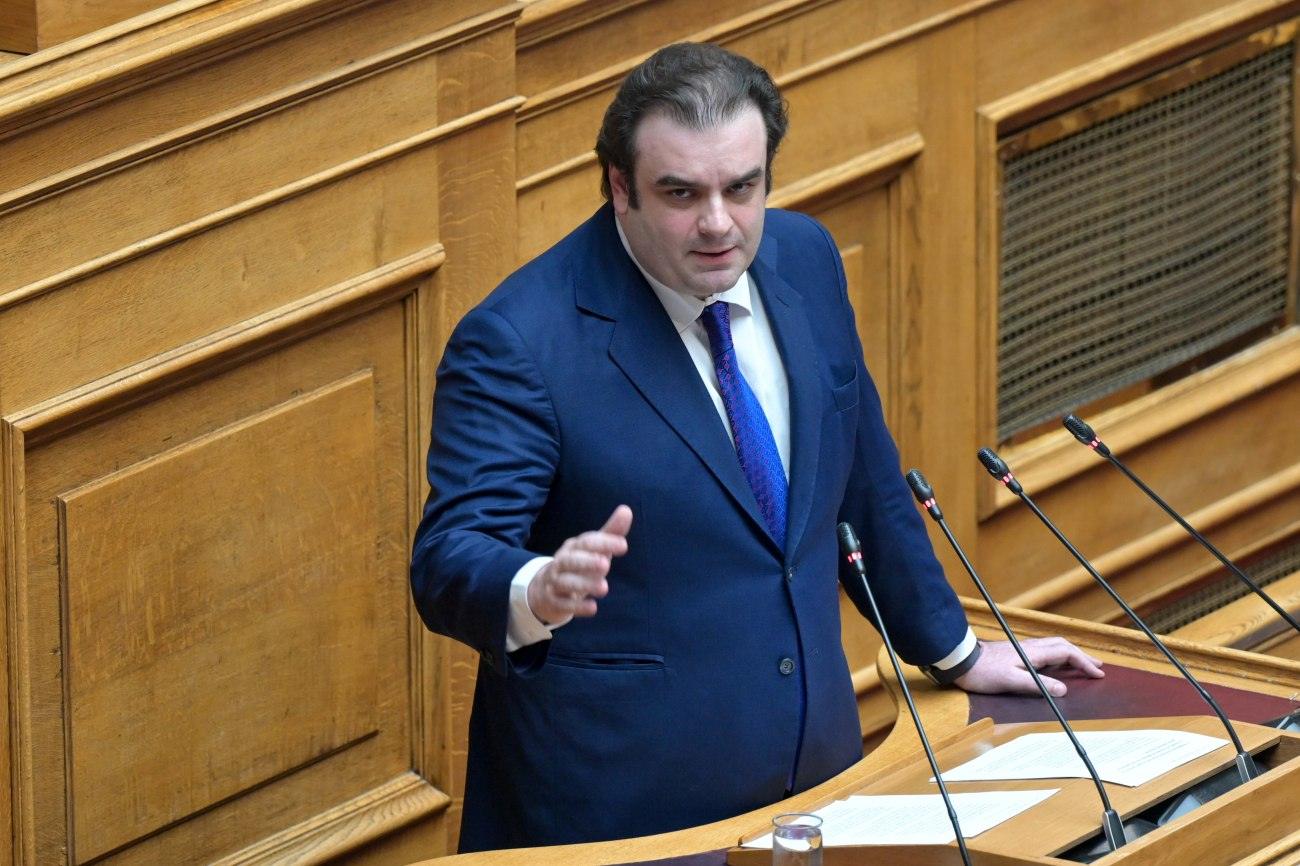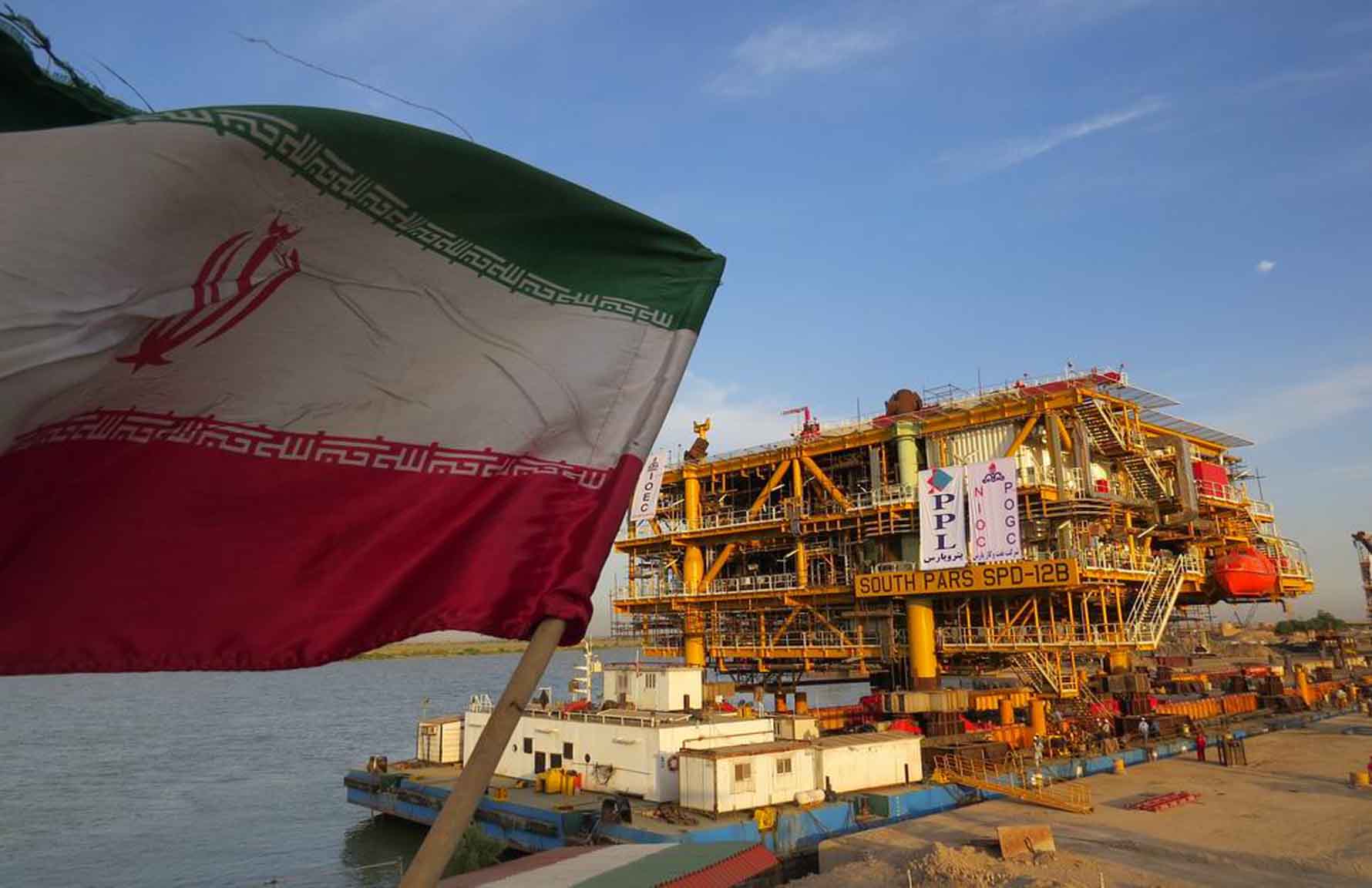“By helping every country that is fighting for its independence and its existence, such as Ukraine, we are in reality projecting what we, what Greek society as a whole, believes,” Foreign Minister Nikos Dendias said in an interview with ERT1 on Saturday.
Noting that the European Union “by an overwhelming majority, if not unanimously” had decided to assist Ukraine in every way, Dendias said that Greece was also attempting to do this by giving defence equipment to a country under invasion.
“For us, the territorial integrity of states is sacred gospel, that is how we always proceed in our foreign policy. This is also in our national interests, apart from a position of principle in which we most deeply believe,” he said.
He described Greece’s relations with Russia as “historic” and said he retained hope that they will recover at some point “when Russia returns to international legality”. Pointing to his own efforts to improve Greek-
Russia relations, he expressed regret at their current level but noted that “Greece is not responsible for this.”
“Greece is a country that makes its way based on principles and values and cannot but help all the countries that also espouse and fight for these values,” he noted.
Regarding allegations that he had disagreed with sending military supplies to Ukraine, Dendias indicated that this was not the case:
“One thing is obvious: I am a foreign minister in the Mitsotakis government and I remain a foreign minister in the Mitsotakis government. I think that says it all. If I had a different opinion on a serious foreign policy issue, the road that I would be obliged to follow is clear.”
He also pointed out that Greece was among the 38 countries that have signed for an investigation by the international court at The Hague of war crimes committed during the invasion, stressing that it was terrible to bomb civilians in the 21st century.
The foreign minister said that no one could say how close the world is to an end of the war, while stressing that it was “not only a humanitarian tragedy but fully incompatible with international law”.
He noted that Greece was doing everything in its power in this direction and to protect the Greek diaspora in Ukraine.
Dendias said it was clear that the priorities of the Russian president “are fully contrary to international law and what is provided in the UN charter”, whose observance Russia theoretically supposed to enforce as a permanent member of the UN Security Council.
“It is clear that Russia seeks to break Ukraine apart and neutralise it. What the overall plan of the Russian side is we do not know and cannot know,” he added.
He also noted that the positions of Russia and Ukraine do not seem compatible in the diplomatic efforts that are currently underway, while neither side could easily back down.
Regarding Europe’s reaction, Dendias said the crisis was creating “conditions for a violent maturity” in the EU’s defence branch, just as the pandemic had forced a “violent maturity” in economic terms and acceptance of a “euro-bond”, adding that this was “absolutely essential” and that Europe must seriously discuss its defence autonomy.
“Greece sees European autonomy as combined with NATO and combined with the US presence. Not as a contrast to NATO and the American presence,” he added. Regarding NATO’s non-involvement in Ukraine,
Dendias called it self-evident, given that Ukraine was not a NATO member but also the fact that Russia and many NATO countries were nuclear powers.
Greece is not an anti-Turkish force
The foreign minister also replied to questions regarding Turkey, while he dismissed talk of “joint exploitation” made in Turkey after a recent meeting between the Greek prime minister, Kyriakos Mitsotakis, and Turkish President Recep Tayyip Erdogan.
“What can we jointly exploit when we have not agreed what belongs where,” he said, denying that the issue was raised and noting that it is “outside the positions of Greek foreign policy”.
He also said that the two countries have a different stance toward Ukraine and Russia, with Turkey attempting to “talk with both sides” and condemning but not imposing sanctions.
“What has no chance of happening is for Turkey, in the manner with which it acts and manoeuvres in the Russia-Ukraine issue, to achieve results that will reflect on its differences with Greece,” he said.
On the contrary, he added, given that Greece was an EU member-state, “the creation of an EU defence branch in the long term will give Greece significant capabilities that our country does not currently have to the degree it might want.”
While Greece had no tendency to exclude Turkey in the international arena, Dendias pointed out, there was an issue of rules that must be followed. Turkey could not engage with the EU while at the same time not recognising one of the EU member-states, namely Cyprus, nor talk about rights to the continental shelf and EEZ without recognising the international law of the sea.
“If Turkey looks at the self-evident in a positive way, … Greece is, as always, ready to extend a hand of cooperation, a hand of assistance. Greece is always ready to do this, it is not an anti-Turkish force. At the same time, it has an obligation to defend its national rights and international law,” Dendias said.
Greece-Egypt interconnection vital for Greece
The foreign minister also referred to the need to reduce Europe’s reliance on Russian energy and said Greece had made the right choice in turning toward renewables and LNG regasification units in Alexandroupolis, which “give Europe a second option” and highlight Greece’s role as an energy hub.
“The interconnection of Greece and Egypt, the Greek-Egyptian Agreement is vital for Greece,” he noted, saying it ensured a space through which a pipeline of electricity cable can pass and transfer energy from Africa to Europe, allowing the vast spaces on the African continent to be used to generate solar power and ‘green’ hydrogen.
He ruled out any delay by either Greece or Egypt, noting that he will be meeting his Egyptian counterpart in Cairo next week.
On inflation and the impact of the war, Dendias stressed that the “only serious answer is a European answer” and that the Greek government is doing all it can in this direction.
Source: ANA-MPA
